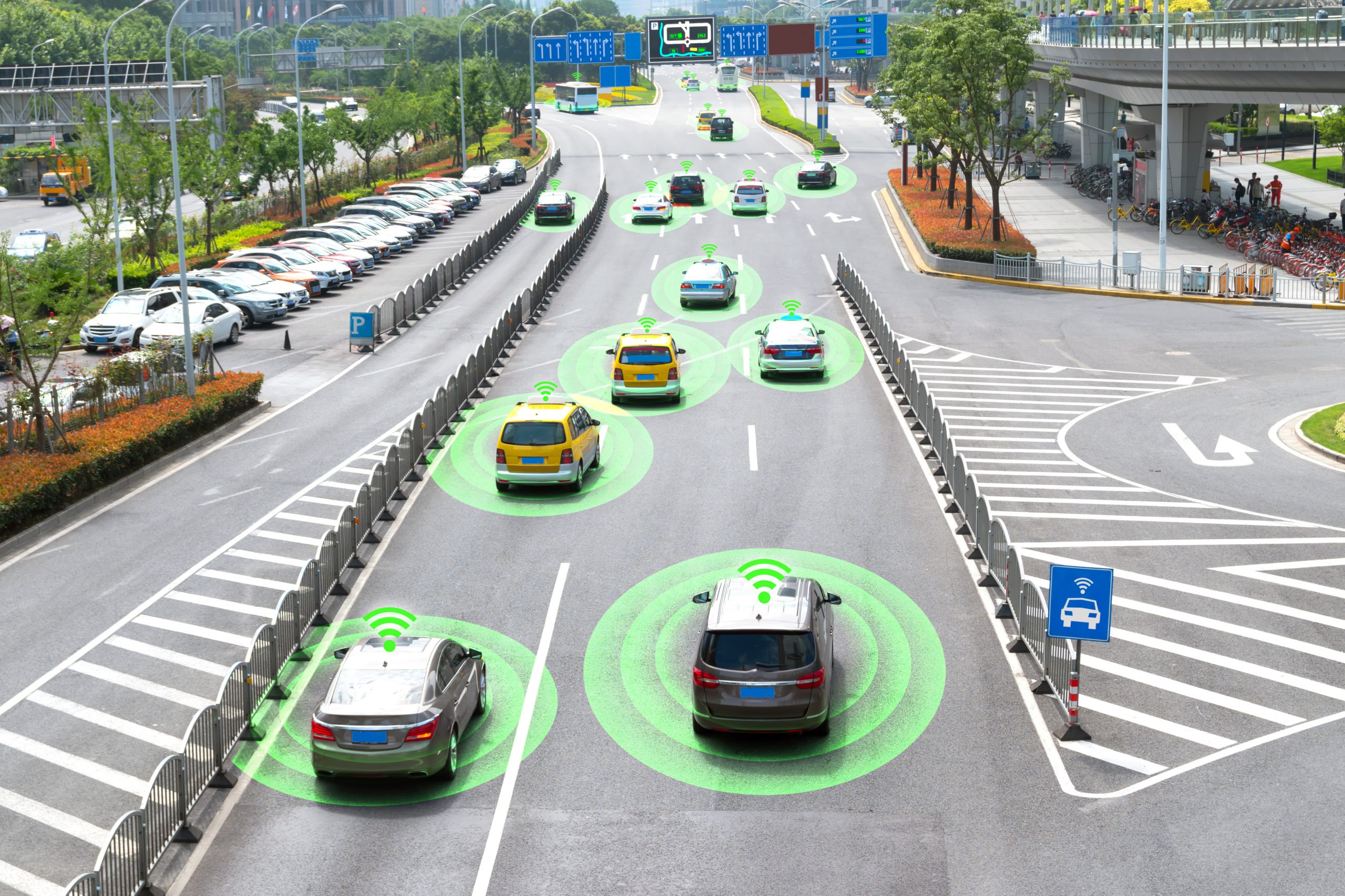The Impact of AI in the Agriculture Industry
While most people do not think of agriculture as an industry where AI is having a huge impact, it is allowing farmers to boost crop yields and eliminate a lot of manual tasks. In fact, overall spending on AI in the agriculture market is expected to grow from $1 billion this year to $4 billion by 2026. Since there are so many benefits that AI can bring to the agricultural industry, and the people who work in it, it is worth taking a closer look at some of the ways in which AI technology is improving farmers’ lives.
Crop and Soil Monitoring
In the days before AI, farmers needed to physically walk around their fields and try to identify the crops that were not growing properly. AI has automated such tasks by utilizing drones to fly over the farmland equipped with computer-vision cameras that can detect even individual stalks of grain that have been damaged by pathogens, pests, or other causes. The latest data shows that such damage can cause wheat losses of 10-28%, and rice losses of 25-41%, in any given crop, and this damage is not just limited to monetary losses. AI is allowing farmers to take action to save the crops before it’s too late and turn all those wasted resources into revenue.
Every potentially harmful factor damages the plants in its own distinct way, leaving a unique footprint that the AI product can detect and relay over to the farmers and scientists who specialize in this field. In order to ensure proper identification, researchers rely on annotated data to train the machine learning algorithm to, first of all, recognize that a certain plant is damaged and, second, identify the reason. All of this information helps eliminate wasted crops and puts money back in the pockets of farmers.
Using Robotics to Automate Processes
Robots are now helping farmers automate a lot of manual tasks that are repetitive and very time-consuming. This includes tasks such as pulling weeds, and harvesting and sowing crops, among many others. One of the most interesting new agriculture robots was developed by FarmWise, who created a weed pulling robot which has proven to be very useful for a number of reasons. For example, farmers have previously relied on herbicides to tackle their weed problems, but many weeds begin to develop a resistance to the chemicals the more that they are used over time. Even the old-school methods of plowing and tilling the fields proved to be no better as they are very time consuming and release carbon dioxide into the air, leading to soil erosion.
FarmWise’s new robot can differentiate weeds from other plants thanks to its machine learning cameras. Researchers also used data annotation to teach the ML algorithms what a weed looks like so it can differentiate it from the other crops. In fact, the technology is so accurate that the robot can detect the center of each crop in order to avoid disturbing its growth when it snags the weeds. This effectiveness is the perfect example of how important it is to have quality annotated data – the more accurate the data annotation, the higher the quality of product you will end up developing.
Gathering Data
While drones are being used to assess the health of the crops through aerial surveillance, there is also technology that does the same thing on the ground, and in the fields themselves. Robots, like TerraSentia, developed by EarthSense, actually ride through the farmland and assess the state of the crops. They use LiDAR to help them navigate their way around and collect a lot of valuable information about plant health, physiology, and stress response.
While the LiDAR helps the robot maneuver itself around, it can also gather important information about the health of the plants. It allows the robot to obtain information about the height of the plants and other key traits that provide further insights into their health. It produces a point cloud that displays all of the features of the crops giving farmers a lot of valuable information about the state of the crops and, in particular, the ones that are at risk.
Mindy Support is Ready to Provide Comprehensive Data Annotation Assistance
Regardless of the volume or type of data annotation you need, Mindy Support can assemble a team for you that will get the job done right the first time. We have six offices all over Ukraine allowing us to quickly recruit and hire new team members. Our extensive experience actualizing data annotation projects has earned us the trust of SMEs, Fortune 500, and GAFAM companies.






